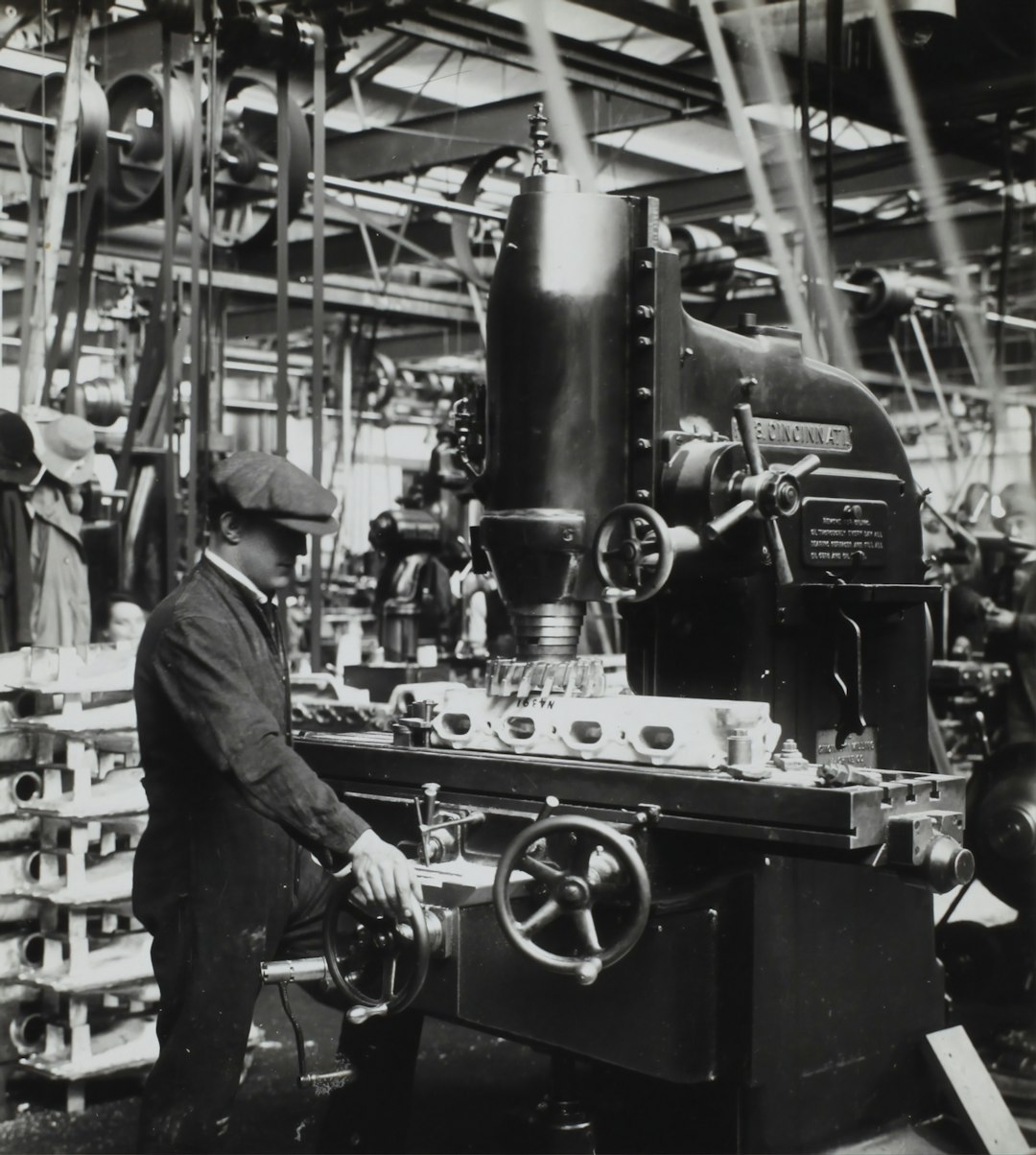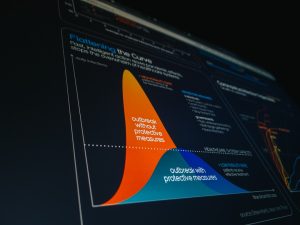
Backlinks have long been a cornerstone of search engine optimization (SEO). They serve as endorsements of a site’s credibility and relevance, aiding it in climbing the search engine results pages (SERPs). For website owners, the question often arises: Does Google crawl the backlinks on your website? The short answer is yes. However, the detailed mechanics and implications of link crawling are worth examining carefully.
How Google Crawls Links
Google uses bots, known as “Googlebots,” to traverse the web by hopping from one hyperlink to another. These bots crawl and index webpages, cataloging information for Google’s search engine. When it comes to backlinks, Google adopts a systematic approach:
- External backlinks: Links that point from another website to your site are crawled when Google discovers them during its crawl of the external site that houses the link.
- Internal backlinks: Links that exist within your website and connect different pages are also crawled, which helps Google understand your site’s architecture.
However, not all backlinks are treated equally. Several factors, including follow/no-follow attributes, link placement, and crawl budget, influence how and if Google crawls these links.
No-Follow Links and Their Impact
It’s important to note that not all links on a webpage will carry equal weight in Google’s eyes. A link marked as “no-follow” alerts Google to refrain from giving it any SEO value. While Google still may choose to crawl these links, it typically does not pass authority through them. Website owners might use the no-follow attribute if:
- They are linking to untrustworthy content.
- The link is part of a paid advertisement (to avoid violating Google’s guidelines).
- They want to conserve their site’s link equity.
In contrast, “follow” links are fair game for Google’s crawlers and can pass SEO equity to the linked pages.
Does Google Crawl Backlinks on Your Website?
When backlinks to external sites are featured on your website, Google’s bots often crawl these just as they crawl internal links. However, the significance of this crawling depends on several nuances:
- Relevance of the link: If a backlink points to high-quality, relevant content, it bolsters the credibility of both your site and the referenced site.
- Anchor text usage: Descriptive anchor text helps Google comprehend the context of the linked content.
- Placement of the link: Links in the main body of the content tend to carry more weight than those hidden in footers or sidebars.
- Domain authority: Links to authoritative, reputable websites are of greater interest to Google.
Google focuses on understanding the relationship between linked content and the host page. While Google does crawl the backlinks present on your website, it does not guarantee that it will pass any SEO value, particularly if the links are considered spammy or irrelevant.

How to Ensure Effective Backlink Crawling
Optimizing your website for effective URL crawling is essential to maximize the link opportunities available for Googlebots. Here’s how you can do it:
- Maintain clear site navigation: A structured hierarchy helps bots traverse your website more effectively.
- Submit an XML sitemap: This alerts search engines to the key pages and links on your website, ensuring they don’t miss vital URLs.
- Avoid orphaned pages: Pages with no internal links pointing to them are hard for Google to discover and crawl.
- Use robots.txt strategically: Ensure you’re not inadvertently blocking crawlers from accessing certain links or pages.
Why Backlink Crawling Matters
When Google crawls backlinks on your website, it influences both your SEO efforts and the perception of your site’s authority. Backlinks essentially act as votes of confidence. If your site links out to reputable sources, it signals to Google that you prioritize high-quality content. On the flip side, linking to low-quality or spammy sites can harm your SEO and reduce your ranking potential.
Similarly, the backlinks pointing to your site and featured on external pages play an even larger role in determining your domain authority and SERP rankings.

FAQs About Google Crawling Backlinks
- 1. Does Google crawl all backlinks?
Not necessarily. Spammy, irrelevant, or no-follow backlinks may be ignored or deprioritized by Google’s crawlers. - 2. How can I check which backlinks Google crawled?
Use tools like Google Search Console or third-party SEO platforms like Ahrefs or SEMrush to analyze backlink data. - 3. Can I stop Google from crawling certain backlinks?
Yes, you can use the robots.txt file or add the no-follow attribute to prevent Google from crawling specific links. - 4. Do no-follow links impact SEO?
Directly, no-follow links do not pass SEO value. However, they can still drive traffic and indirectly impact SEO by increasing engagement.
In conclusion, while Google does crawl backlinks on your website, the relevance, quality, and structure of these links play pivotal roles in their impact on your SEO performance. By focusing on creating high-quality and appropriately structured backlinks, website owners can ensure they make the most of their site’s linking opportunities.







